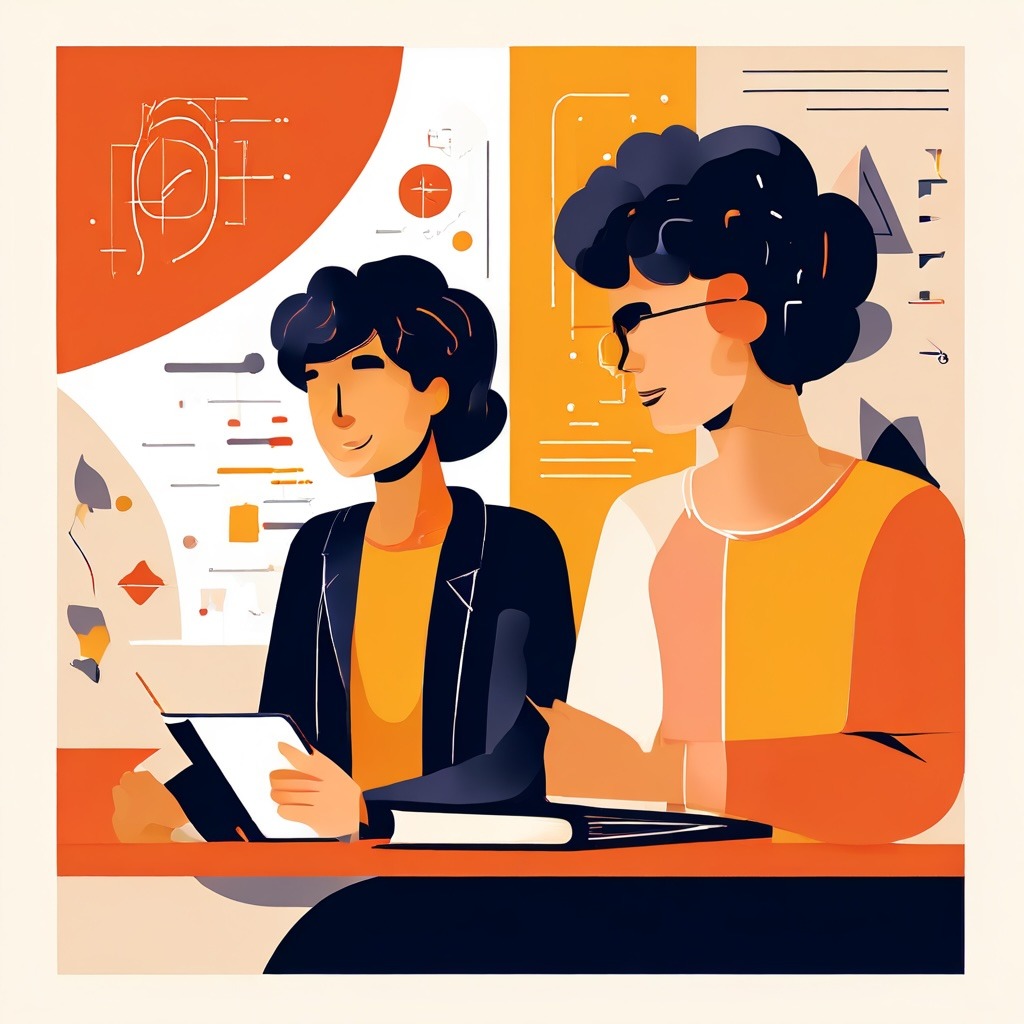In today’s world, technology has become an integral part of our daily lives. From smartphones to smart homes, we are surrounded by devices that are powered by artificial intelligence (AI). While AI has greatly improved our lives in terms of convenience and efficiency, it has also brought about a new set of challenges, particularly in the realm of security. As AI continues to advance and become more prevalent, the need for robust AI security measures becomes increasingly crucial. In this article, we will delve into the crucial role of AI security in the age of technology and the steps being taken to address potential security issues.
The Rise of AI and its Vulnerabilities
Artificial intelligence has come a long way since its inception. From chatbots to self-driving cars, AI has made significant advancements in various industries such as healthcare, finance, and transportation. However, with this rapid growth and integration, comes a new set of vulnerabilities. AI systems are vulnerable to cyber attacks, just like any other technology. The difference, however, is that AI systems have the potential to cause much more damage due to their ability to learn and adapt. This makes them attractive targets for hackers and cybercriminals.
One of the main reasons for the vulnerability of AI systems is their reliance on data. AI algorithms are trained using vast amounts of data, which can sometimes be biased or incomplete. This can lead to biased decision-making by the AI system, which can have serious consequences. For example, a facial recognition system trained on biased data may incorrectly identify a person of color as a criminal, leading to discrimination and injustice. Therefore, it is crucial to ensure that the data used to train AI systems is unbiased and representative of the population.
The Need for Robust AI Security Measures
The potential consequences of AI security breaches are far-reaching and can have a significant impact on individuals, organizations, and even society as a whole. For instance, a cyber attack on a self-driving car could result in a fatal accident, leading to loss of life and property. Similarly, a breach in a healthcare AI system could compromise patient data, leading to privacy violations and medical fraud. These scenarios highlight the need for robust AI security measures to protect against potential threats.
One of the key challenges in securing AI systems is the dynamic nature of AI. Unlike traditional software, AI systems continuously learn and adapt, making it difficult to predict their behavior and identify potential vulnerabilities. This requires a different approach to security, one that is proactive and adaptive. Organizations need to continuously monitor and update their AI systems to identify and address any potential security risks.
Addressing AI Security Issues
To address the security concerns surrounding AI, industry leaders and researchers are working on developing new techniques and tools. One such approach is the use of explainable AI (XAI). XAI aims to make AI systems more transparent and understandable by providing explanations for their decision-making processes. This not only improves trust in AI systems but also helps in identifying potential biases and vulnerabilities.
Another approach is the use of adversarial training. This involves intentionally exposing AI systems to attacks during the training process to make them more robust and resilient to future attacks. This technique has been successfully applied in computer vision and natural language processing tasks.
Furthermore, collaborations between academia, industry, and government are crucial in addressing AI security issues. Governments can play a significant role in setting regulations and standards for AI security, while industry leaders can share best practices and collaborate on developing new security measures. Academia can contribute by conducting research and providing insights into potential security risks and solutions.
Conclusion
In conclusion, the rapid advancement and integration of AI in our daily lives have brought about a new set of security challenges. The potential consequences of AI security breaches are far-reaching and require a proactive and adaptive approach to address them. As AI continues to evolve, it is crucial to prioritize and invest in robust AI security measures to protect individuals, organizations, and society as a whole. With the collaboration of various stakeholders and the development of new techniques and tools, we can ensure a secure and trustworthy future for AI technology.





